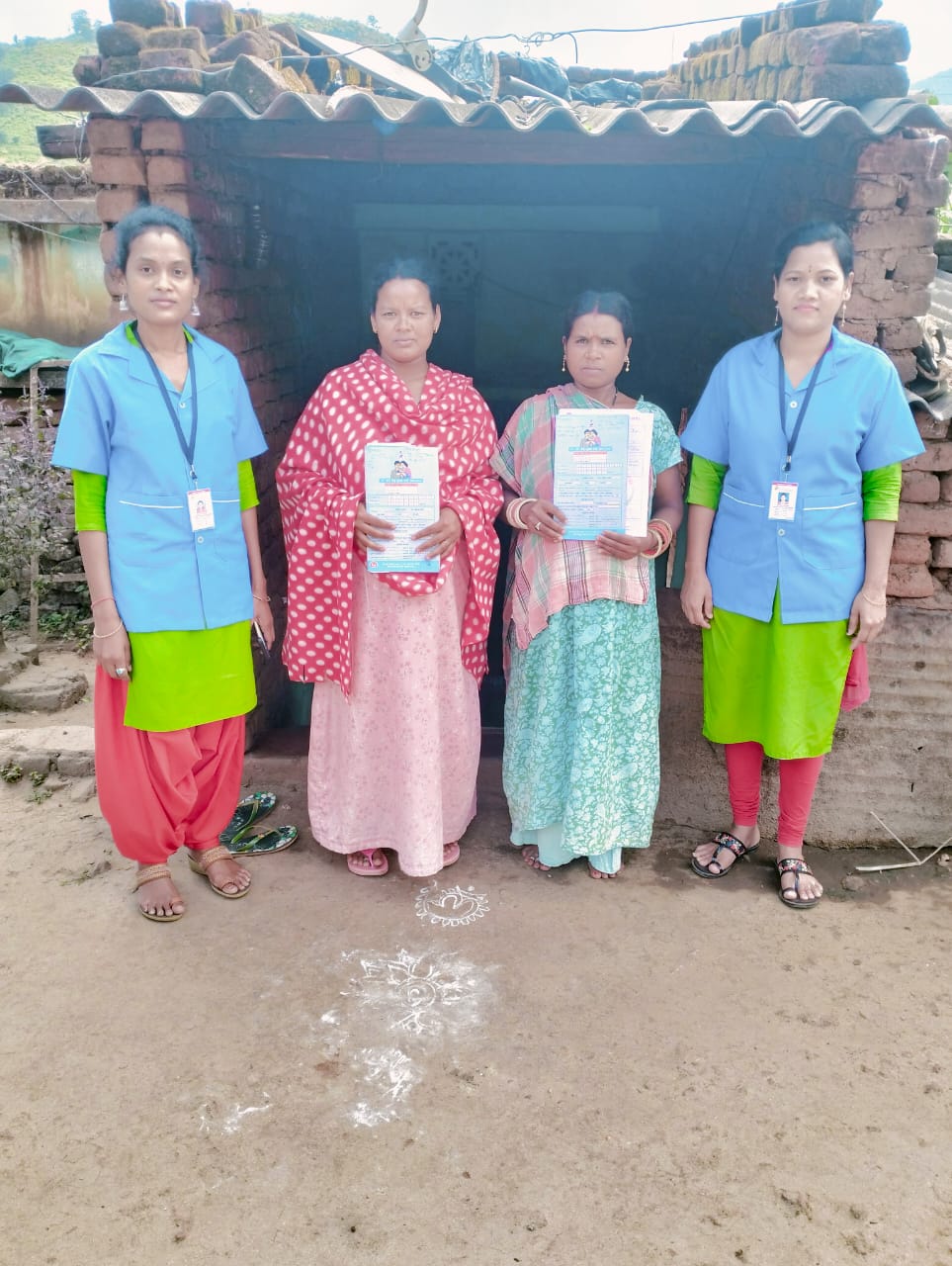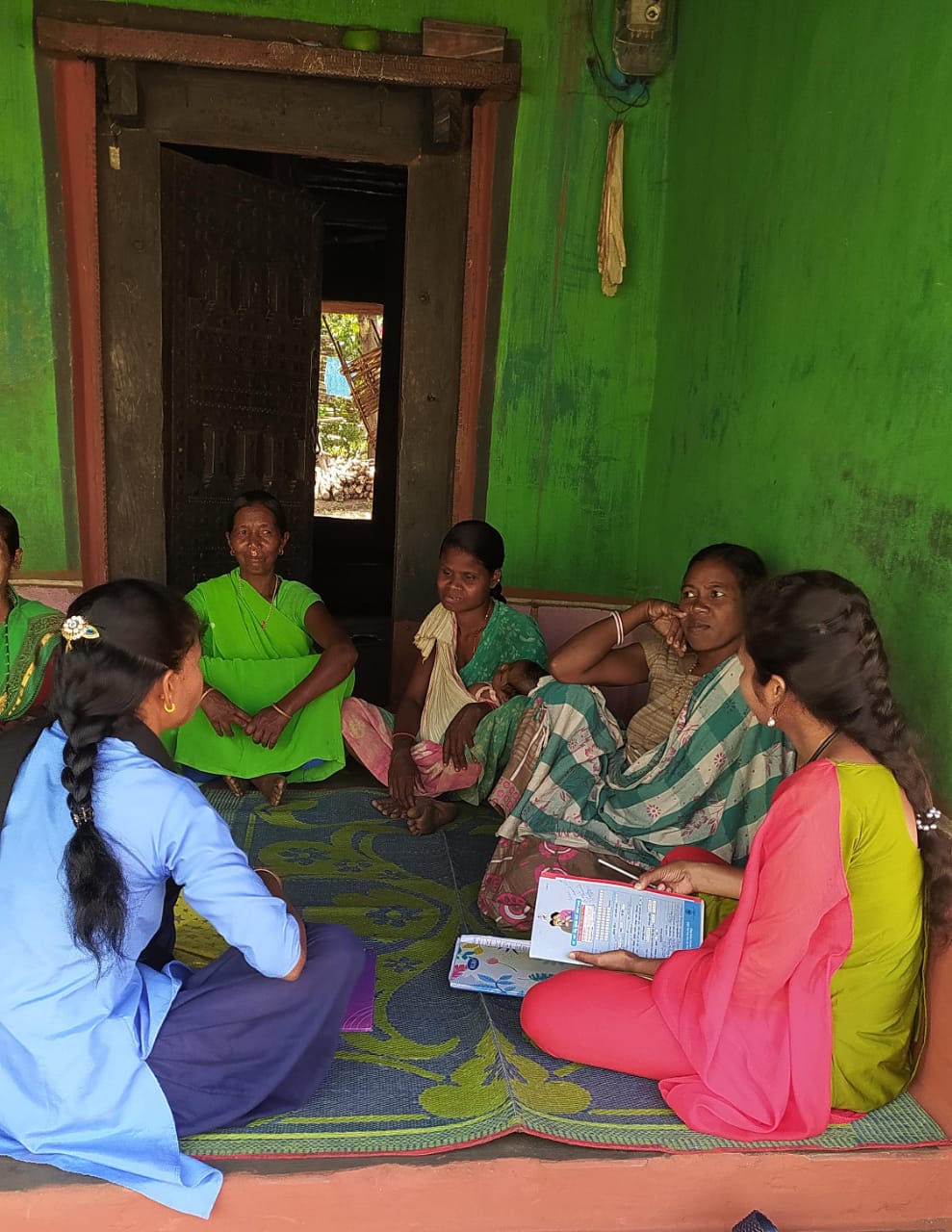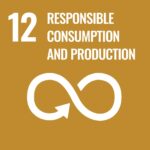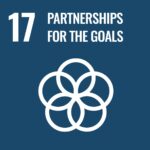- HOME
- Community Health
Community Health

Community Health
Lack of awareness of good Health and Hygiene practice is the major cause of ill health and loss of productivity in impoverished rural communities. Shakti works with government Primary Health Centres and follows a threefold approach, including preventive, promotive and curative services to health issues.
In order to ensure that communities can access government health services, Shakti organizes health camps in cooperation with the staff from the village’s primary health centre and other village level health staff in remote villages.
As malaria is endemic in many areas of the Rayagada District, Shakti prioritizes preventative measures against this disease. For example, health committees distribute mosquito nets, promote early blood testing to prevent death, establish drug distribution centres, chlorinate wells and raise people’s awareness of government treatment facilities.
Across all its community health programmes Shakti builds awareness of HIV AIDS and works for the inclusion of people living with disabilities.
Shakti also facilitates government health programs for maternal and Child health care and immunization through the CHIN, INHP & Surkhya projects.
INHP
In India, for every 100 babies born alive, 12 die before reaching their fifth birthday. While the primary killers of children are pneumonia and diarrhea, malnutrition is a contributing factor increasing a child's susceptibility to disease and decreasing the chance of survival when the child falls ill. Women also suffer from poor health and nutrition, especially during pregnancy. The INHP program aimed to significantly improve the health and nutritional status of women of childbearing age and children under five-year period.
To address these problems, Shakti teaches mothers what they can do to safeguard their families' health, such as practicing good hygiene and nutrition, and making use of the services offered at rural health centers known as anganwadi centers and Health Sub Centers. These services include: immunizations, growth monitoring; Vitamin A and iron supplements, pre-natal care, family planning, and health and nutrition education.
The major strategy is facilitating the support supervision system and gap finding and its analysis to the Child Development Promotion Officer (CDPO), Lady Supervisor (LS) and Medical Officer (MO) and facilitation of Structured field visits and Promotion of the counseling skills of Integrated Child Development Scheme (ICDS) workers.
In this programme, Shakti has done a lot of innovation to solve the problems of Mother and Child care, including the introduction of Immunization due check list, Community celebration of babies’ first solid food, Community monitoring of health services, role of husband in IFA intake of wife, use of Home visit register, etc.

INHP
In India, for every 100 babies born alive, 12 die before reaching their fifth birthday. While the primary killers of children are pneumonia and diarrhea, malnutrition is a contributing factor increasing a child's susceptibility to disease and decreasing the chance of survival when the child falls ill. Women also suffer from poor health and nutrition, especially during pregnancy. The INHP program aimed to significantly improve the health and nutritional status of women of childbearing age and children under five-year period.
Empowering lives and advancing sustainable development goals, Shakti Organisation proudly aligns its impactful initiatives with the United Nations' SDGs for a brighter and more inclusive future.













